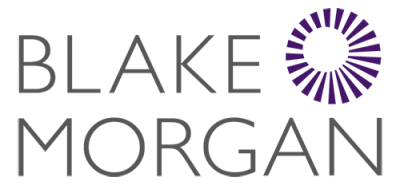Author: Vicky Schollar
The World Cup kicked off on Thursday - and employers may find themselves managing competing requests for time off or transfers to another shift, as well as a spike in unauthorised absences. Vicky Schollar offers some tactically astute HR advice.
While employees are not automatically entitled to time off to watch World Cup games, employers should try to agree requests for leave, perhaps by temporarily relaxing rules on how many staff can be off at once, or using a rota or first-come, first-served system. Any requests, of course, need to be balanced against the needs of the business.
To help prevent complaints of race and/or sex discrimination, employers should ensure that requests are dealt with consistently and fairly. English and male employees should not be given preference over requests from female staff or employees of other nationalities.
Given that most games are scheduled for the afternoons, evenings and weekends, businesses could consider flexible working arrangements; for example, allowing employees to swap shifts, start work a little later or leave work early provided they make up any time lost, or by allowing unpaid leave.
Bringing the World Cup to the workplace
Another option is to allow employees to listen to matches on the radio or online, or to let them watch on television or the internet during breaks, after work or in the background. However, make sure you have valid licences in place and that a risk assessment is carried out beforehand to identify any health and safety issues. This would also be an ideal time to remind employees of the content of any social media policy in place.
The excitement of a match may also lead to unguarded comments about another team's nationality or characteristics of its players, which may be offensive and/or lead to allegations of discrimination. Employers should remind employees of the relevant policies in place that relate to conduct within and outside the workplace, and of the potential consequences of failing to comply (for example, World Cup privileges being withdrawn and/or disciplinary action being taken).
Consider whether drinking will be allowed in the workplace for games watched outside of normal working hours, or whether doing so may cause more problems than it's worth.
What about employees who don't come into work?
An employee who has been refused leave, or believes leave will not be granted, may not turn up for work, or may call in sick. Similarly, an employee granted leave may call in sick and seek to reclaim their holiday back to use at a later date. While the above circumstances may raise suspicions about the genuine nature of any sickness absence, employers should not automatically jump to conclusions and should carry out an investigation first. Conducting a return to work interview or a requirement to produce medical evidence if absent during the World Cup may act as a deterrent to those looking to abuse the system.
If an employee turns up for work late or if they appear to be under the influence of alcohol at work then the business's normal disciplinary procedures should be followed.
The tournament is an ideal opportunity to bring staff together. To keep morale high and absence under control, employers should consider adopting a balanced, flexible and positive approach to requests for leave. This is also an ideal time to review and update (if necessary) any existing relevant policies and make sure staff are aware of them. Distributing a staff briefing on ‘World Cup workplace guidance’ may help manage expectations on both sides.
This article first appeared in People Management on 14 June here.









